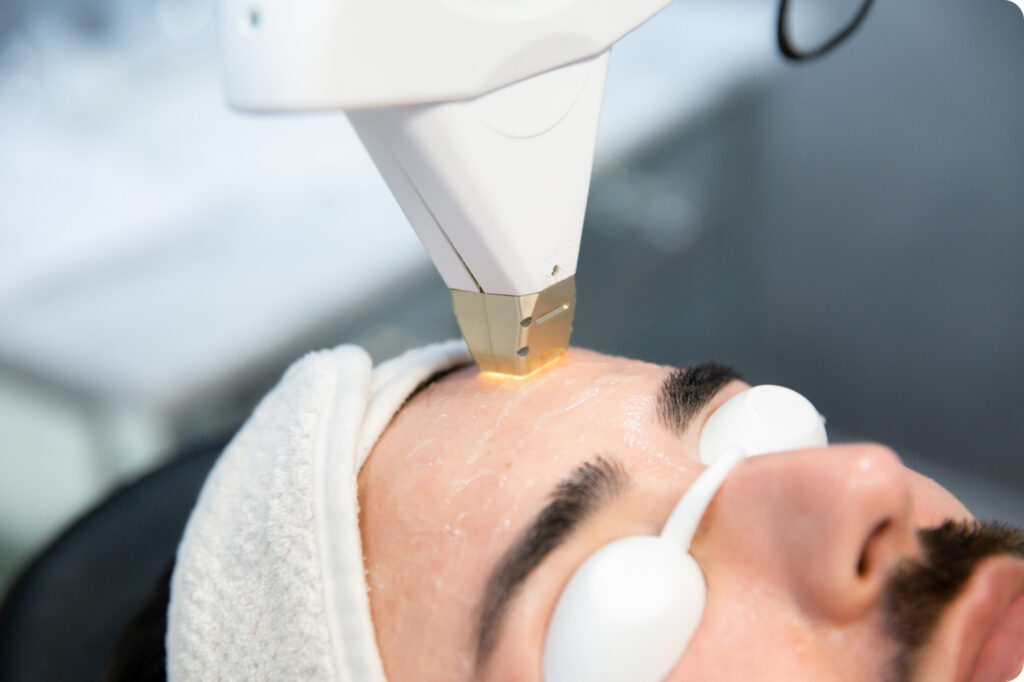
I am interested to know about your experience with controlling overeating using some of the mind game techniques I suggested. Did it help?
Use the comment box below the video to leave a message and let me know about any successes or limitations you experienced. If these techniques worked for you keep using them and let them develop into new healthy habits. If you were not as successful as you hoped, that’s ok. Maybe you need a little extra help. Let me know because that is what we are her for.
Protein and Weight Loss
I am glad you are joining us today on our talk about Protein. I hope to share some new information regarding protein and how it aids in weight loss. Proteins are a part of every cell, tissue and organ in our bodies and are constantly being broken down and replaced. The body does not store protein for later use, therefore consuming high quality protein is essential for weight loss and Maintenance.
Furthermore, Protein provides energy, promotes wound healing and builds lean body mass. You’ve spent time learning about protein so you already know that it is considered the most important nutrient for your body during weight loss.
The Importance of Protein
Let’s talk about what happens when you don’t get enough protein. When inadequate amounts of protein are consumed the body will compensate by breaking down lean body mass, also called your muscle. This will leave you feeling weak, tired and irritable. Inadequate protein can ultimately lead to immunodeficiency, hair loss, swelling and skin problems.
One of the most important signals your brain uses to tell whether or not you have eaten enough is the level of some very special hormones. Research shows that protein increases satiety or a feeling of fullness. Protein has been shown to decrease grehlin levels, which is a hunger hormone that tells your brain to increase hunger. One study showed that eating a high protein breakfast, like egg whites and turkey sausage decreased Grehlin levels compared to a breakfast high in carbohydrates, such as a bagel.
Peptide YY
One other special hormone we will talk about is Peptide YY. Eating Protein increases the hormone Peptide YY, which acts to reduce your appetite.
Many studies have shown that protein rich meals make people eat fewer calories due to increased levels of Peptide YY versus eating a meal that is high in fat and carbohydrates. At the same time, protein has a significant effect in reducing cravings and cutting the desire to snack at night. Everybody deals with food cravings. It is important to decipher between real hunger and a food craving.
Eating protein can increase reward hormones in your brain, which will help ward off unhealthy cravings. One study showed that men who increased protein by 25% of calories reduced food cravings by 60% and reduced the urge to snack at night by half. Protein takes more energy to digest than other foods. This is called the thermic effect and Protein has a much higher thermic effect than fats and carbohydrates.
What is the Thermic Effect?
Thermic effect is a term used to describe the rate at which our body burns calories after eating. Many factors influence the thermic effect including the types of foods that you eat.
Eating protein gives the highest thermic effect. This means that you burn more calories when you eat protein. Protein also gives your metabolism a boost so you use more calories throughout the day. Protein intake can have a profound impact on your metabolism.
Keep in mind people who consume adequate levels of protein will have a higher energy expenditure at rest. This means you burn more calories at rest after eating a protein rich meal.
Benefits of Protein
Increasing protein helps to prevent muscle loss. Protein is the building block of muscle. When your body is stressed such as after surgery or when you are losing weight rapidly; Protein will aid in preserving your muscle tissue.
So how much protein is the right amount for you?
Whether you had the Gastric sleeve, Gastric Bypass Patients or are following a medical weight loss plan you should consume between 70-90 grams/day. This amounts to approximately 3 servings of 3-4 oz portions of poultry, fish, pork, lean beef or low fat dairy products. Once you reach a target weight, you can prevent weight regain by keeping protein intake at: 70-90 grams/day for bariatric and non-surgical weight loss patients. By eating more protein you will find it much easier to achieve your weight loss goals.
Session Four Challenge
How close are you to achieving the recommended protein intake I just shared with you? Let’s add a protein column to your journal or you can use the Baritastic application on your phone to track your protein intake. Along with tracking your fluid, spend the next couple of weeks ensuring that you have reached your protein goals. For some practical experience, document in your journal or phone application if you experience decreased appetite, weight reduction or reduced cravings with increasing your protein.

